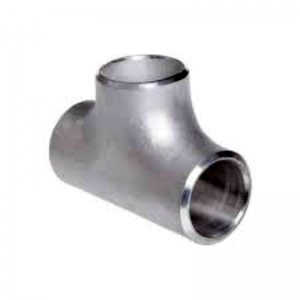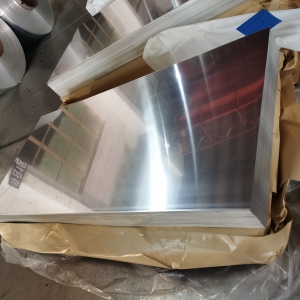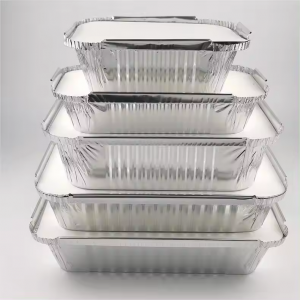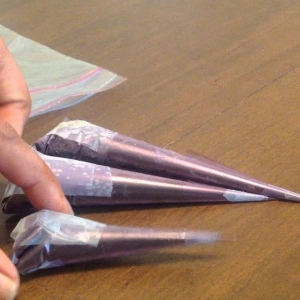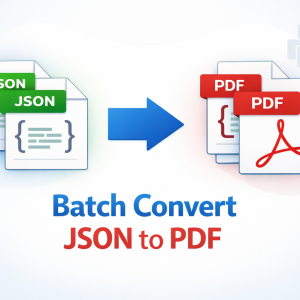Introduction
The Unexpected Dinner Guest: Tin Foil
Imagine this: you're savoring a delicious meal, only to realize that you’ve accidentally ingested a bit of tin foil. It’s an odd predicament, but one that happens more frequently than you might think. Whether it was an unexpected bite of foil wrapped around your roast or a small piece that got mixed into your food, this article is here to guide you through understanding the situation, addressing potential concerns, and knowing the steps to take.
Why This Topic Matters
Accidentally ingesting foil might sound trivial, but it can raise genuine health concerns. Knowing how to respond can make a significant difference in managing your well-being. Let’s explore this quirky but important issue in detail.
What is Tin Foil?
Definition and Composition
Tin foil, often referred to as aluminum foil in contemporary usage, is a thin sheet of aluminum metal. Traditionally, tin foil was used for wrapping and storing food. However, its use has largely been replaced by aluminum foil, which is more durable and less prone to breaking. It is a staple in many kitchens, appreciated for its ability to conduct heat and its protective properties.
Common Uses in Cooking and Food Storage
Aluminum foil is incredibly versatile. It’s used for wrapping food, lining baking trays, and even covering dishes to keep moisture in. Its reflective surface makes it ideal for cooking techniques like baking and grilling, where it helps to distribute heat evenly.
Accidental Ingestion: How It Happens
Typical Scenarios Leading to Accidental Ingestion
Accidental ingestion of tin foil usually occurs when small pieces break off during food preparation or wrapping. This can happen if foil is torn, crumpled, or improperly disposed of. Sometimes, foil fragments can mix with food during cooking or serving, leading to an unexpected bite.
Common Foods and Preparations Involving Tin Foil
Foods that are commonly wrapped in foil include baked potatoes, roasted meats, and even some baked goods. When foil is used to wrap these items, it often remains stuck to the food, and in the hustle of a meal, tiny pieces might be swallowed inadvertently.
Immediate Symptoms to Watch For
Gastrointestinal Distress
The first sign of having swallowed tin foil might be gastrointestinal discomfort. This can manifest as abdominal pain, cramping, or a sensation of fullness. The metallic nature of the foil can cause irritation to the lining of the stomach or intestines.
Possible Allergic Reactions
Though rare, some individuals may experience allergic reactions to aluminum. Symptoms could include itching, rash, or swelling. If these symptoms occur, it is important to seek medical advice promptly.
Short-Term Health Effects
Minor Issues: Nausea and Discomfort
In the short term, ingesting tin foil might cause nausea or a feeling of unease in the stomach. These symptoms are typically temporary and may resolve on their own as the foil passes through the digestive system.
Potential for Minor Cuts or Abrasions
Sharp edges of tin foil can potentially cause minor cuts or abrasions in the mouth, throat, or esophagus. While usually not severe, these can lead to localized pain or discomfort.
Long-Term Health Concerns
Risk of Heavy Metal Exposure
Aluminum foil contains aluminum, a metal that, in excessive amounts, can pose health risks. Chronic exposure to high levels of aluminum has been linked to various health concerns, though incidental ingestion is unlikely to cause significant problems.
Potential for Gastrointestinal Complications
In rare cases, ingestion of tin foil might lead to blockages or perforations in the gastrointestinal tract. This is more likely if larger pieces are swallowed or if there are pre-existing digestive issues.
When to Seek Medical Attention
Signs That Require Immediate Medical Consultation
If you experience severe symptoms such as persistent pain, vomiting, difficulty swallowing, or signs of an allergic reaction, it’s important to seek medical help immediately. These could be indications of a more serious issue requiring professional intervention.
Recommended Actions for Different Severity Levels
For mild discomfort, monitoring your symptoms and drinking plenty of fluids may suffice. However, for more significant symptoms or if you have concerns about the amount of foil ingested, consulting a healthcare professional is advisable.
How Healthcare Professionals Diagnose and Treat
Diagnostic Procedures: X-Rays and Endoscopies
Healthcare professionals might use diagnostic tools such as X-rays or endoscopies to determine the presence and location of any ingested tin foil. These procedures help in assessing any potential damage or blockage.
Treatment Options: Observation, Medication, and Surgery
Treatment will vary based on the severity of the situation. In most cases, observation and supportive care are sufficient. However, if there are complications like blockages or tears, more invasive treatments or even surgery might be required.
Prevention Tips: Avoiding Future Incidents
Proper Handling of Tin Foil in the Kitchen
To avoid future mishaps, handle tin foil with care. Ensure it is properly secured when wrapping food and avoid leaving any loose pieces around. Proper disposal is also crucial to prevent accidental ingestion.
Alternatives to Tin Foil for Cooking and Storage
Consider using alternatives such as parchment paper, silicone baking mats, or glass containers. These can reduce the risk of ingesting foil and are often more environmentally friendly.
What to Do If It Happens Again
Step-by-Step Actions to Take
If you accidentally ingest tin foil again, follow the same steps as before: monitor your symptoms, stay hydrated, and seek medical advice if needed. Keeping a calm demeanor and promptly addressing any discomfort can help in managing the situation effectively.
Keeping Calm and Documenting Symptoms
Documenting any symptoms and their progression can be useful for medical professionals. Keeping a record of what happened, when, and how you felt can assist in diagnosis and treatment.
Psychological Impact of Accidental Ingestion
Dealing with Anxiety and Stress
Accidental ingestion can be distressing. It’s important to manage any anxiety or stress that may arise from the incident. Techniques such as deep breathing, mindfulness, or speaking with a mental health professional can be helpful.
Rebuilding Confidence in Food Preparation
If the incident affects your confidence in food preparation, take gradual steps to regain it. Practice safe food handling techniques and remember that accidents happen. Over time, you’ll become more comfortable and confident in the kitchen.
Educational Resources and Support Groups
Finding Reliable Information and Advice
Many resources are available online and through healthcare providers to offer guidance on dealing with accidental ingestion. Look for reputable medical websites or consult with professionals for reliable information.
Connecting with Others Who Have Had Similar Experiences
Support groups and forums can provide a space to share experiences and advice with others who have encountered similar situations. This can be reassuring and offer practical tips for handling and preventing future incidents.
Conclusion
Summary of Key Points
Accidentally ingesting tin foil, while uncommon, is manageable with the right knowledge and actions. Understanding what to expect, recognizing symptoms, and knowing when to seek help can alleviate much of the concern.
Final Thoughts on Handling and Preventing Accidental Ingestion
Being aware of the potential risks and taking preventative measures can significantly reduce the likelihood of such accidents. With careful handling and awareness, you can continue to enjoy your meals without undue worry.


